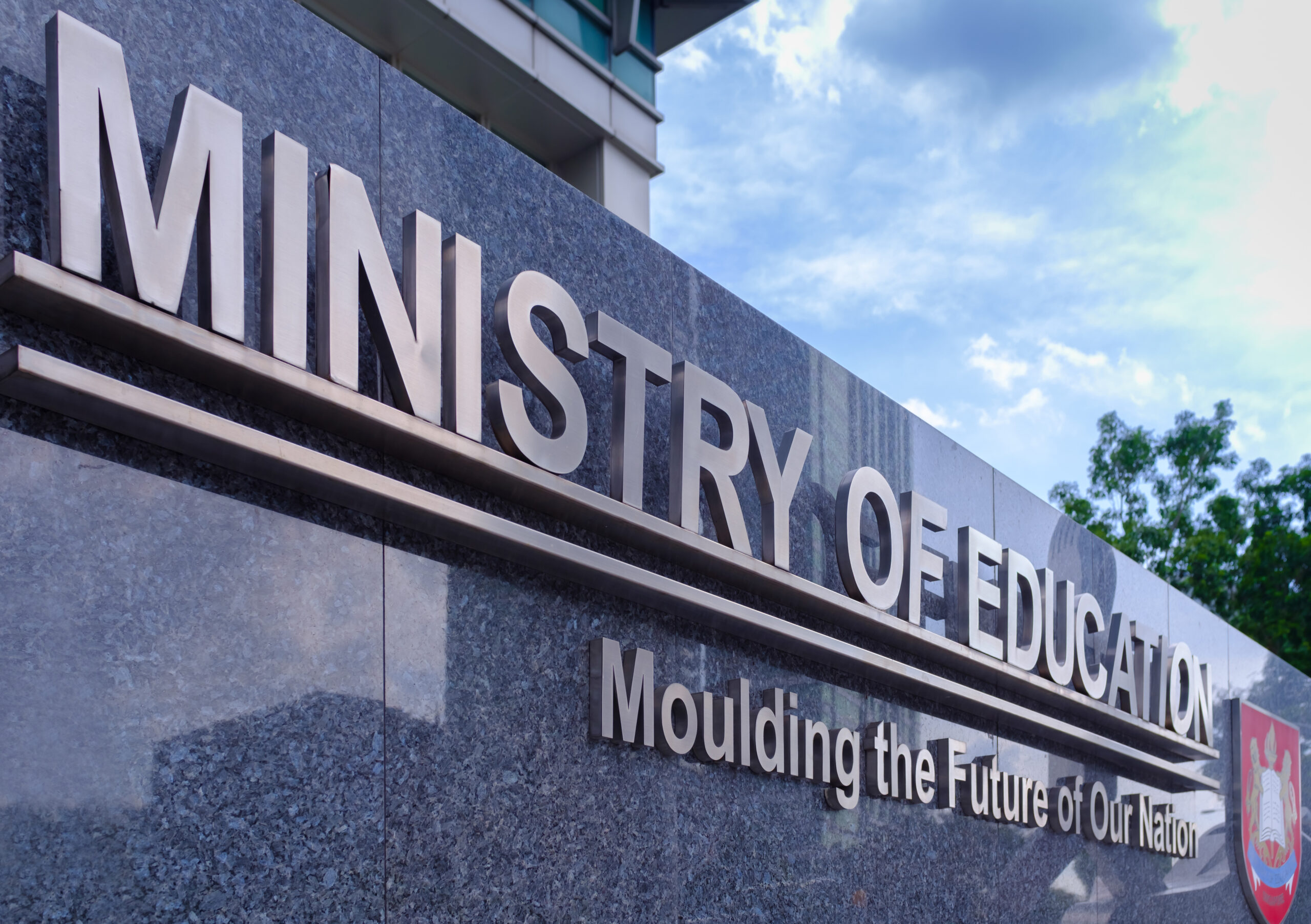‘Kiasu’ parents have an unhealthy obsession with ‘top schools’ at P1 registration exercise
June 7, 2023

Is every school a good school? Parents in Singapore do not seem to believe that, claim Dr Eik Swee (University of Melbourne), Mr Cameron Kheng (Nanyang Technological University), and Associate Professor Vincent Chua (NUS Sociology and Anthropology) in their commentary ‘‘Kiasu’ parents have an unhealthy obsession with ‘top schools’ at P1 registration exercise’ (Straits Times, May 2023).
The researchers analysed primary school application statistics from 2009 to 2022 and found that competition for places in primary schools has remained tough over the years. The proportion of schools receiving more applications than available spaces has increased since 2016, most of these schools being brand-name schools.
Dr Eik Swee, Mr Kheng, and A/P Chua also used the Herfindahl-Hirschman Index (HHI), which is a measure of how demand in an industry (here, the number of applications for schools) is concentrated amongst a few players (especially brand-name schools). The HHI score amongst Singapore primary schools has been on an increasing trend over the last 14 years.
This reflects an inequality of perceived attractiveness, as some schools are attracting more applications than others. The researchers note that schools that have received MOE school awards, or schools that are autonomous, under the Special Assistance Plan (SAP), are government-aided, or offer many sports and uniformed groups co-curricular activities tend to be more popular.
The researchers attribute this inequality to two major factors. First is the differences in resources between government and government-aided schools. While both types of schools receive government funding, government-aided schools tend to have better access to private donations partly because of their stronger alumni networks. The greater availability of funds in government-aided schools means that they have better financial resources to provide optimal learning environments (like science labs and air-conditioned classrooms) and educational opportunities (like overseas trips and programmes) to their students.
A second factor is the premium that parents attach to a school’s brand name. The researchers observe that there seems to be a belief that attending a ‘branded’ school has positive implications for their child’s prospects for social advancement.
The root problem in this trend, the researchers say, is Singaporeans’ addiction to hierarchies. It is this same addiction that is the cause of frustration and acute competition here. The obsession over hierarchy can trivialise important improvements made by non-brand name schools in improving holistic education offerings to their students.
The focus on the brand name of schools can also cause Singaporeans to think of children in falsely binary terms; those who attend brand-name schools are labelled competent while those who do not are labelled incompetent. The researchers urge parents to embrace education as an opportunity to bring the best out of their children rather than simply a tool to reinforce social hierarchies.
Read the op-ed here: https://www.straitstimes.com/opinion/kiasu-parents-have-an-unhealthy-obsession-with-top-schools-at-p1-registration-exercise
